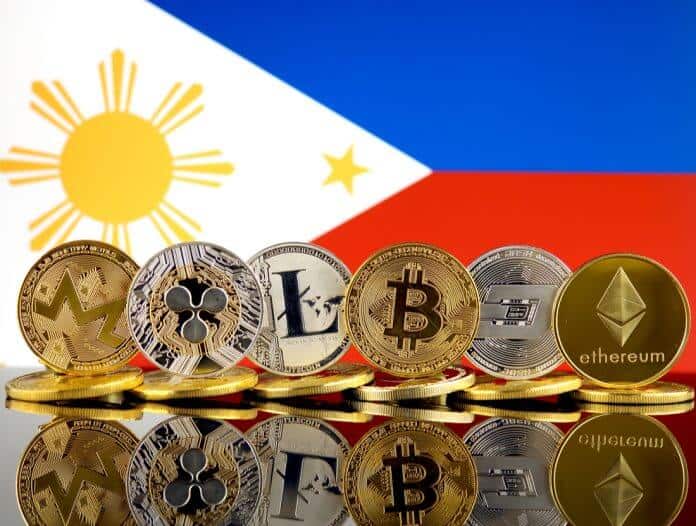Join Our Telegram channel to stay up to date on breaking news coverage
The threat of Bitcoin scams is growing by the day, with countries now awakening to the threat that these actors could pose to their safety. The Philippine government is now seeking assistance from the United States to help take down a scam that popped up on its radar.
Impersonating the Finance Chief
A recent report from the Business Inquirer confirms that Filipino Finance Secretary Carlos G. Dominguez III had raised concerns about the use of his image and likeness in the Bitcoin Revolution scam. In a letter to Justice Secretary Menardo I. Guevarra, Dominguez explained that the popular bogus trading platform had used his face to promote several Facebook ads.
He added screenshots to the letter, showing a picture that claimed he had invested in the platform too.
“Similar investment ploys using the names of some Finance and Treasury officials in other countries as well as Filipino celebrities is likewise used in an attempt to dupe the public into falling for the scam,” the finance chief added.
Dominguez pointed out that he contacted Facebook, and the company immediately took down the ad. However, he understands that these criminals could merely switch to other social media platforms and generate fake ads there. Thus, he requested help from the Cybercrime Office at the U.S. Department of Justice (DOJ) to stop and track the ads’ origins.
Ponzi Schemes in the Philippines
Bitcoin Revolution has been a significant thorn in the side of the Filipino government. It first got on the government’s radar in April, with the Philippines Securities and Exchange Commission (SEC) issuing a warning that the platform had started growing out of control.
At the time, the warning asserted that the Ponzi scheme targeted Filipino, Australian, and European investors. Like all Ponzi schemes, Bitcoin Revolution offered high rates of return, with investors promised as high as 300 percent daily returns. The company also claimed to have software that produced trades with a success rate between 88 and 95 percent.
The SEC added that anyone who acts as a broker, salesperson, dealer, or agent of the company could serve up to 21 years in prison and pay as high as $100,000 in fines. Despite the regulator’s assertion that the company was offering unregistered securities, however, it persisted.
Last month, the Department of Finance published a press release confirming that the scammers had used a fake ad that claimed the government had created a trading platform known as “Bitcoin Lifestyle.” Apart from Dominguez, the false ad claimed that Filipino President Rodrigo Duterte had endorsed it and urged all citizens to “learn” and “quickly get involved” with the platform.
Bitcoin Revolution isn’t the only Ponzi scheme that the Filipinos have had to deal with. In April, the country’s SEC warned citizens about The Billion Coin, an “abundance-based” crypto project that had begun gaining traction in the country. The agency reminded anyone who thought of getting caught up in the scam that they could face fines and decades in prison, asserting that the Billion Coin was a fraudulent operation that it hadn’t sanctioned.
Join Our Telegram channel to stay up to date on breaking news coverage


